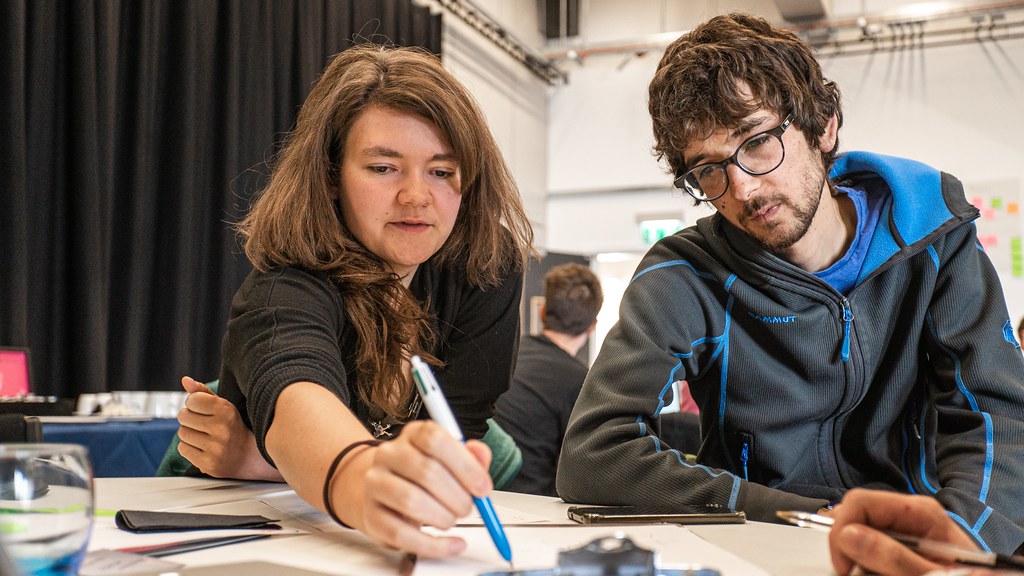What is a Collaborative Incubator?
A collaborative incubator is an academic workshop that is focussed on enabling and encouraging people to do new research together. The format of an incubator is designed to actively encourage people to learn and develop new research with people they might never have spoken to otherwise.
Incubators start with speakers presenting open problems, questions or challenges to participants, with some breakout sessions of group work in between to clarify and brainstorm initial ideas. This is followed by substantial time, perhaps half the workshop or more, where participants work in groups to try to make progress on the problems - or at least come up with ideas that might help to make progress.
The key features are:
- Three to five days and roughly 30 to 50 participants.
- Relatively few speakers (usually five to eight) who are well briefed. Speakers are there to stimulate discussion around open problems and potential projects, rather than to present existing work.
- As diverse a cast as possible: this includes characteristics such as gender and ethnicity but also career stage, with postgraduate students, postdocs, academic staff and industry representatives if appropriate.
- Open problems to level the playing field so that students and more senior academic staff work together to tackle the questions.
More detailed, evidence-based guidance on how to run an incubator is available via a link at the bottom of this page. This includes a sample timetable and a step-by-step organisation planner.
